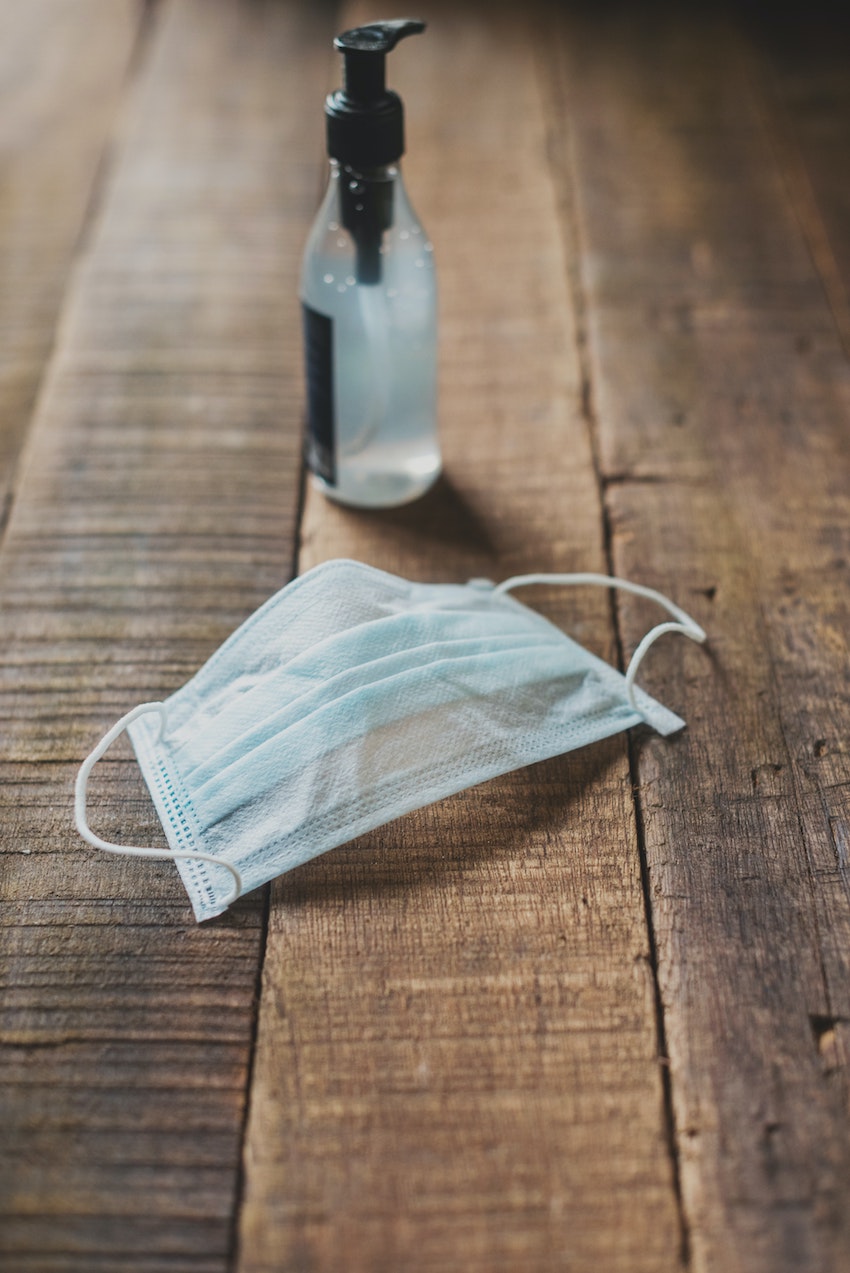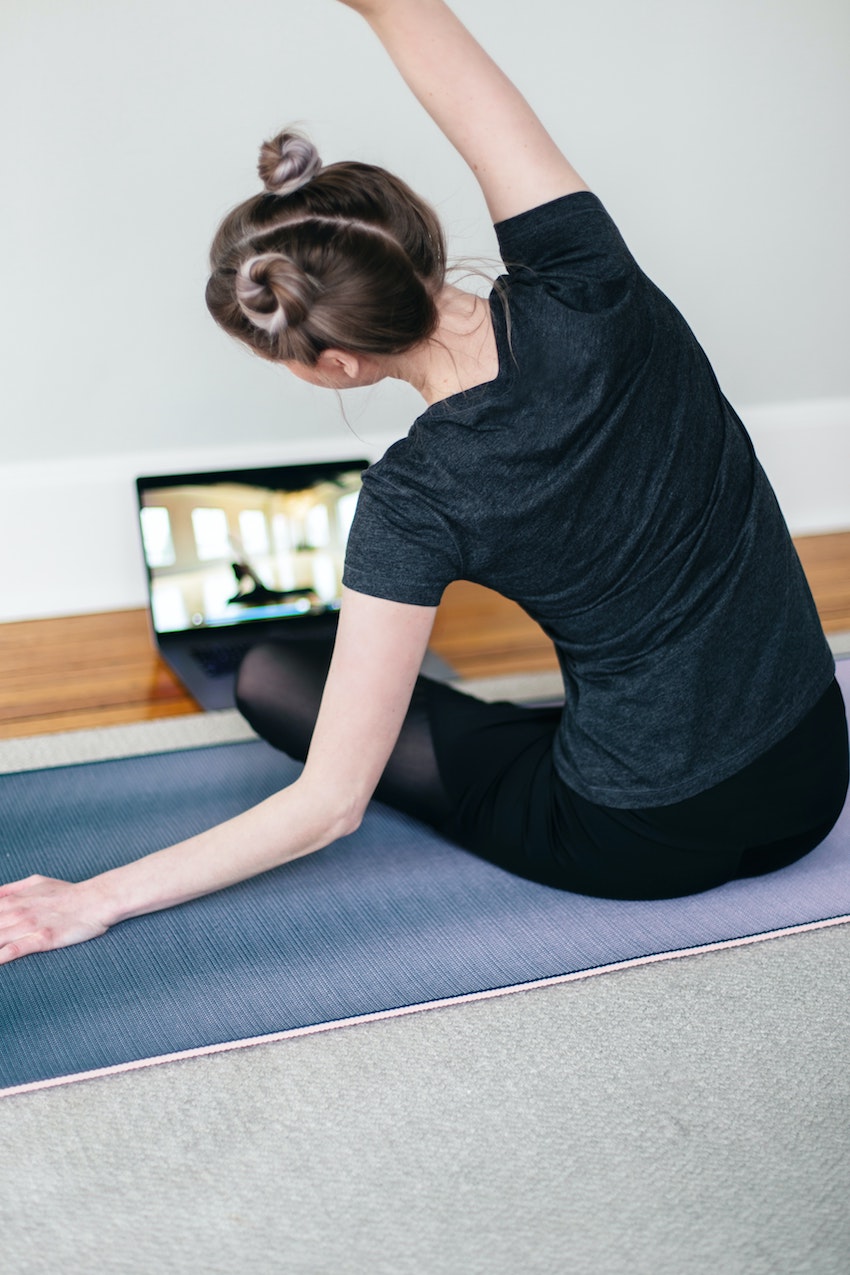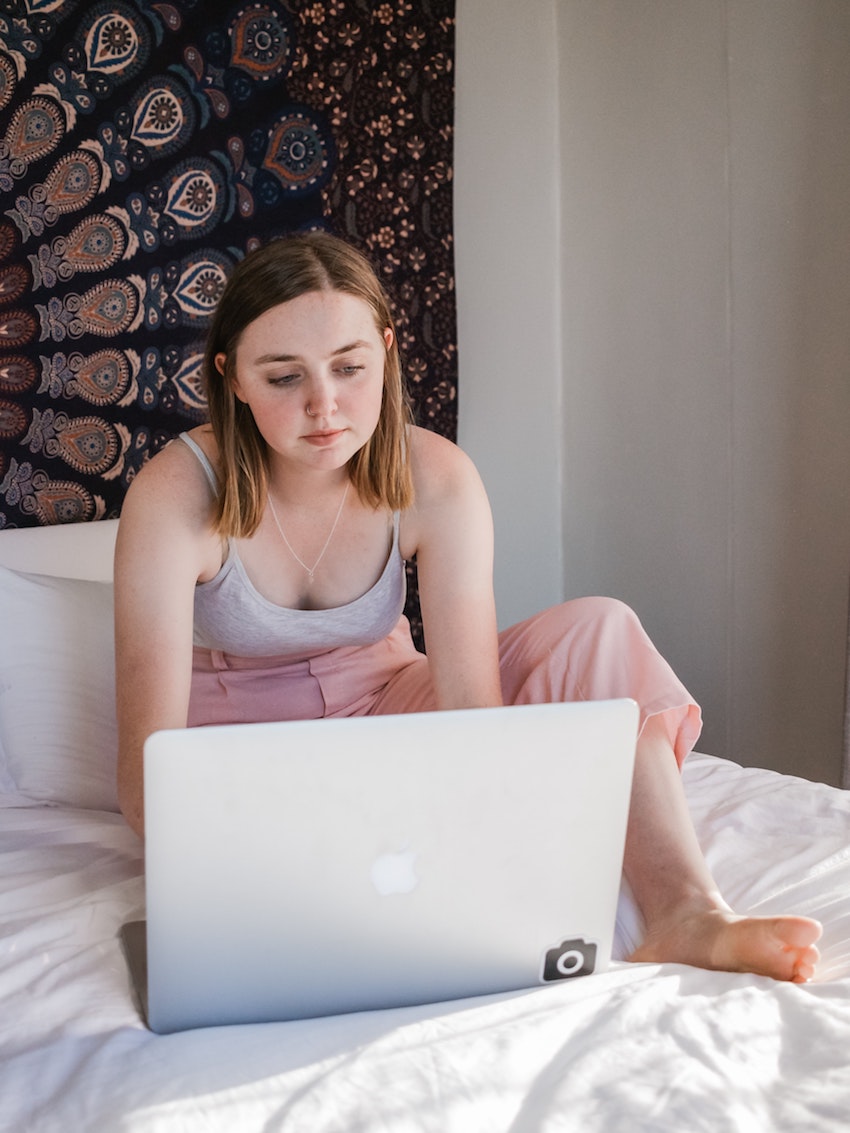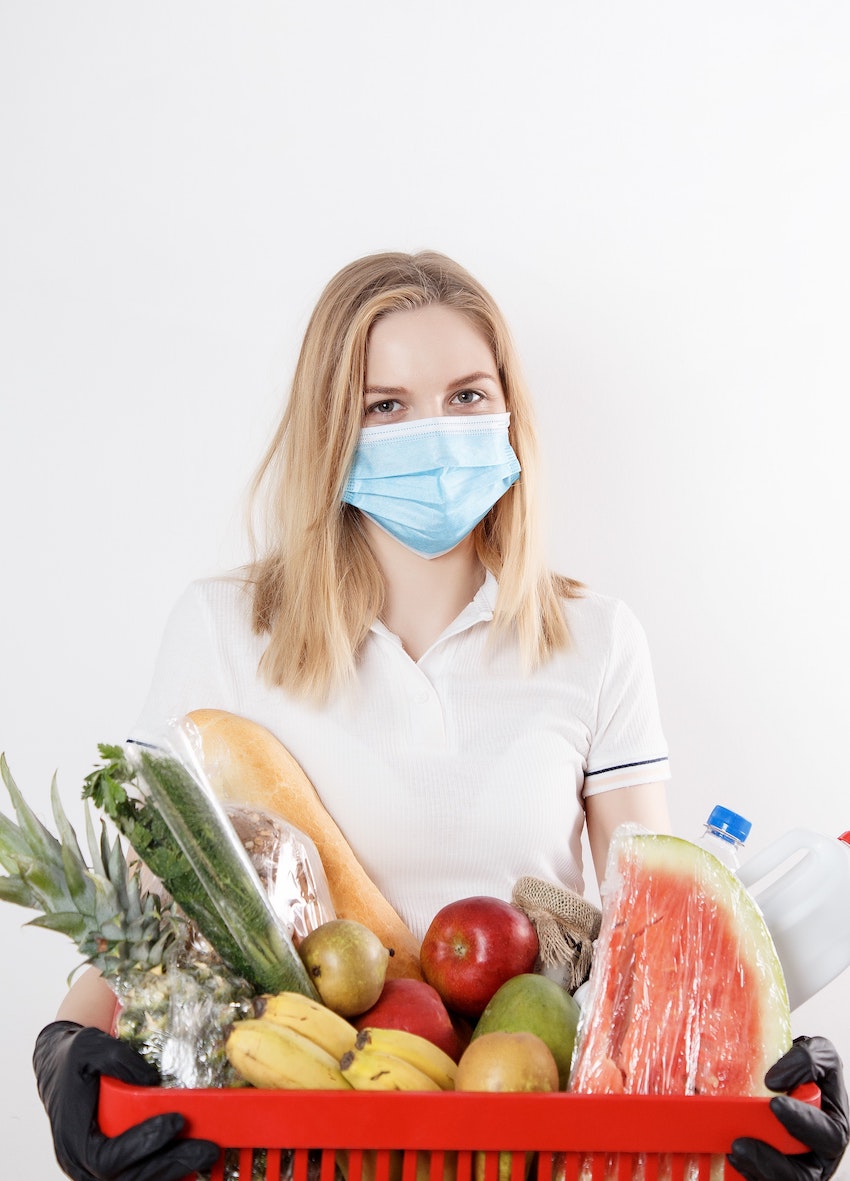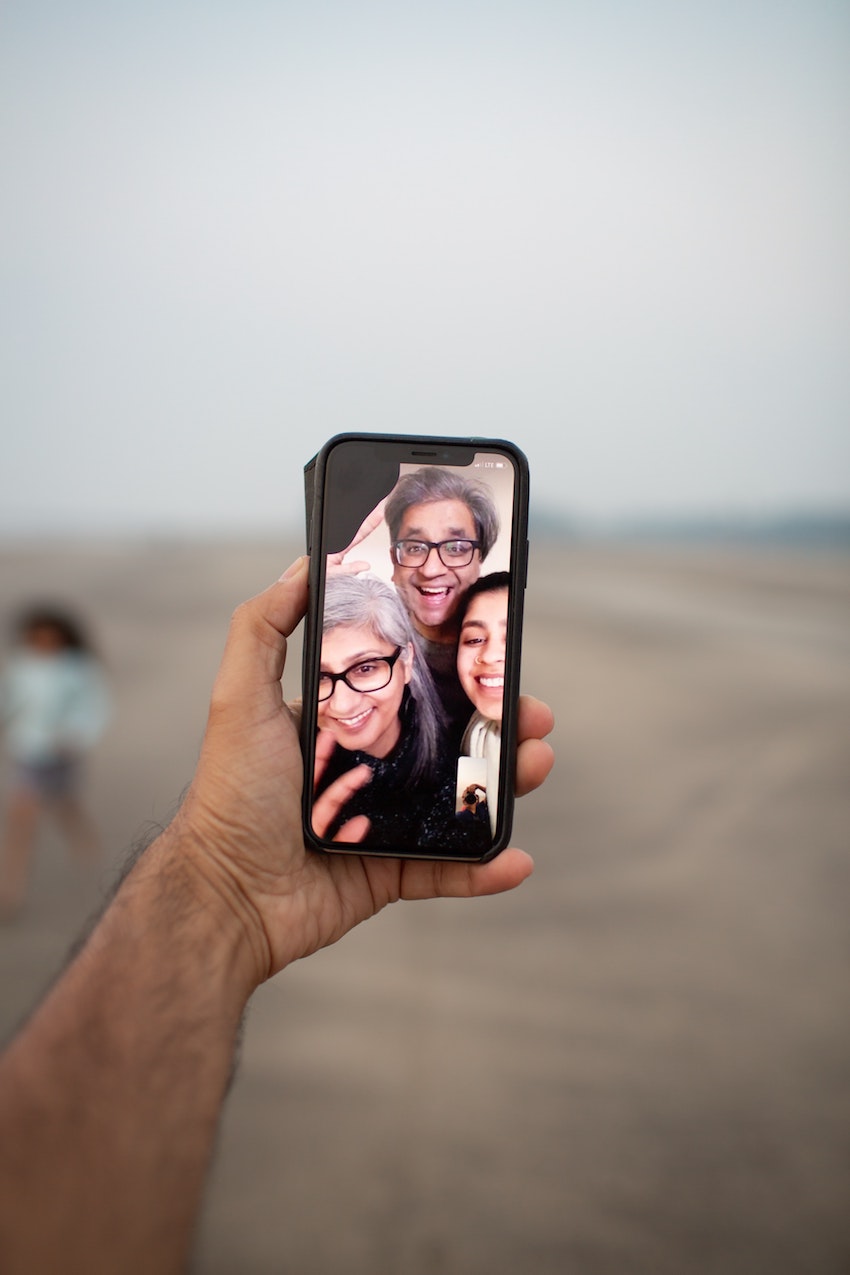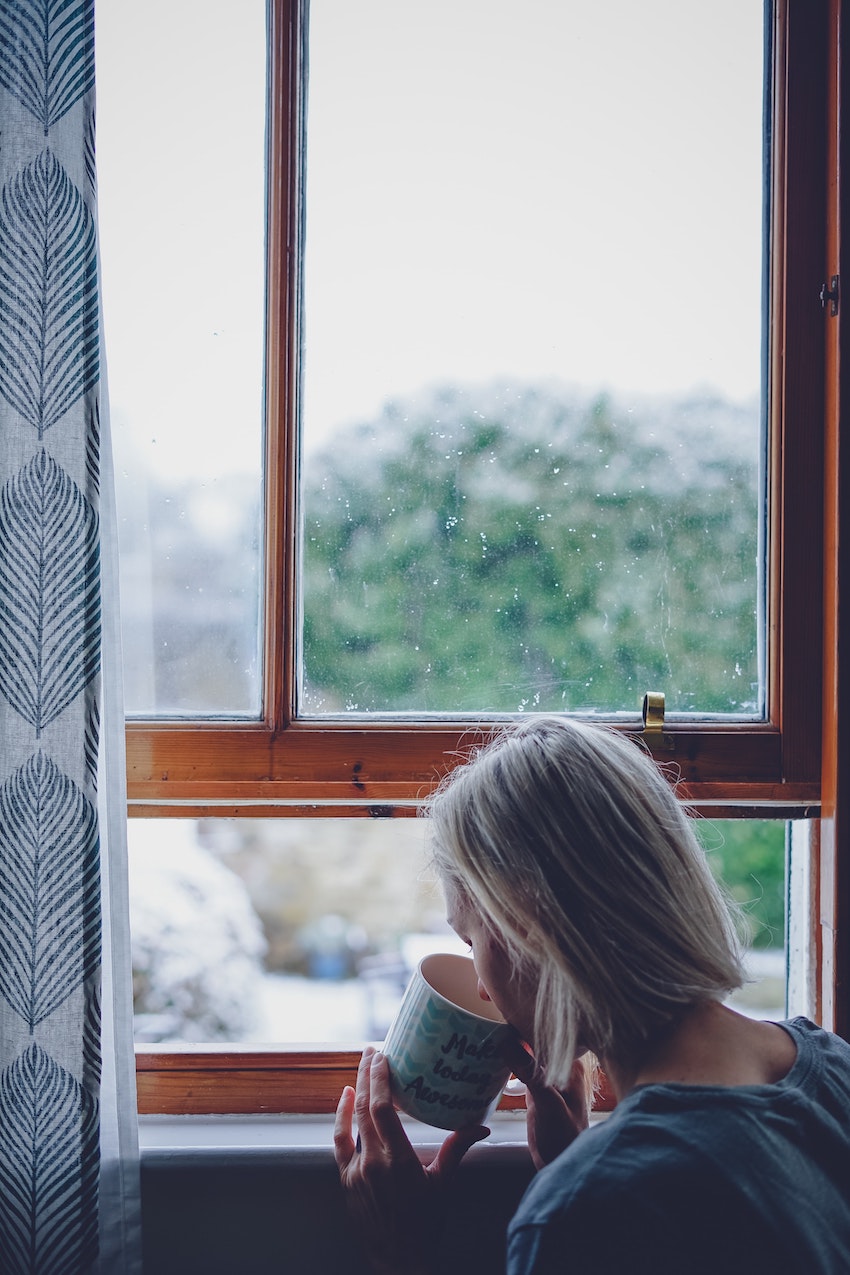7 Ways for the Vulnerable to Limit Risks During the Pandemic
The pandemic lingers, and as it does, we need to think of the most vulnerable people in our communities and consider how to help them stay safe.
What does it mean to be vulnerable? In simple words, it means that you may have additional safety measures to follow. Health specialists have identified two levels of vulnerability, and therefore different social distancing requirements.
Photo by Anshu A on Unsplash
Typically, people at moderate risk include:
- Seniors aged 70 and over
- Pregnant women
- Individuals with a compromised immune system
- Conditions that affect lungs, heart, kidney, liver, and nerves
- Obesity
Those at high risk have:
- Received immunosuppressive treatments
- Serious conditions that affect lungs, heart, kidney, liver, and nerves
- Cancer (with or without treatment)
As a rule of thumb, individuals at risk should stay at home whenever possible, and only go out to exercise or attend medical appointments. You also need to stick to social distancing rules. However, it is a dramatic change in habits. So how can you create a socially distant lifestyle that helps you cope with pandemic risks?
Photo by Kari Shea on Unsplash
#1. Stay Active at Home
Regular physical activity can boost the immune system. However, when you are already vulnerable for health reasons, it is fair to say that a regular HIIT workout at home is out of the question. On the other hand, gentle exercises can be all you need to maintain your health levels. Something as simple as walking in the garden such as Captain Tom Moore or vacuuming is enough to keep your blood pumping. It makes no doubt that staying at home can contribute to weakening the immune system if you’re not careful.
Photo by Sharon McCutcheon on Unsplash
#2. Get your Treatment by Post
You’re more likely to meet sick people at a pharmacy, so it’s best to reduce risks. If you’ve got a repeat prescription, you can save yourself the trouble of physically going to your local chemist. Along with a number of local pharmacies offering delivery services, in the Republic of Ireland medicines are also being delivered to the homes of those classed as vulnerable by both public servants and volunteers. In the UK there are plenty of online pharmacy services that offer NHS prescription delivery for both repeat and new prescriptions.
Photo by Sincerely Media on Unsplash
#3. Join the Telehealth Revolution
Digital health doesn’t stop at the pharmacy. You can also reach out to your doctor to consider rescheduling your appointments virtually. Not all medical specialists have been able to support telehealth, but a lot of medical startups are encouraging online medical consultations. In other words, while your GP may not provide telemedicine, someone else might.
Photo by Liuba Bilyk on Unsplash
#4. Set out Shopping Delivery
A lot of vulnerable individuals have been relying on relatives and neighbours for grocery shopping needs. However, risks remain high when you reach out to people you know and trust. It’s easy to forget about health restrictions between friends and relatives, and before you know it, you’ll have invited them to come in as they deliver your shopping. You can switch to online shopping with your local shops. Vulnerable individuals can be given priority slots for delivery.
Photo by Raj Rana on Unsplash
#5. Don’t be Shy about Tech
You don’t need to work in an office to use smart technology. Zoom meetings, for instance, are a popular tool to bridge the gap between members of the same team during lockdown. But you can also use Zoom to chat with friends and family. Most adults feel confident in installing new features on their laptop, tablet, or phone. For seniors, planning a Zoom meeting can feel a little alien at first, especially if you’re not used to video calls.
If you are not sure where to start, this simple guide gives you step-by-step instructions on how to get and use Zoom confidently. Why does it matter? Ultimately, if you have a way to reach out and chat with the people you love, self-isolation at home doesn’t feel as bad. Did you know that seniors and vulnerable individuals are more likely to get infected by a relative or a friend? Creating a safe path to maintain your social connections puts you in charge of your health.
Photo by Nathan Dumlao on Unsplash
#6. Have a Sanitising Routine when you Need to Go Out
What does your sanitising routine look like? Ideally, you want to change your mask each time you need to go out. This requires having enough to wear a new and fresh one each time you leave the house. Wearing gloves is unlikely to reduce risks, though. Washing your hands is a more effective approach. Additionally, do not disinfect your grocery shopping, as soap and sanitiser are toxic for consumption.
Photo by Toa Heftiba on Unsplash
#7. Ventilate your Rooms
COVID-19 is an airborne virus that can survive in the air for several hours. Therefore, renewing the air in your home regularly will make a big difference. Something as simple as opening your windows to ventilate will dramatically reduce airborne threats.
Is staying at home a healthy approach against COVID? For vulnerable people, being home-bound doesn’t eliminate risks. Indeed, concerned friends and relatives are more likely to expose you to the virus in an effort to help. Additionally, making health-conscious decisions, such as avoiding soap on food or keeping your body moving, will reduce potential health threats.
Follow The Life of Stuff on Facebook | Twitter | Pinterest | Instagram

